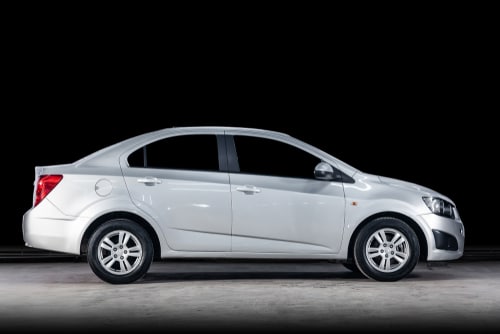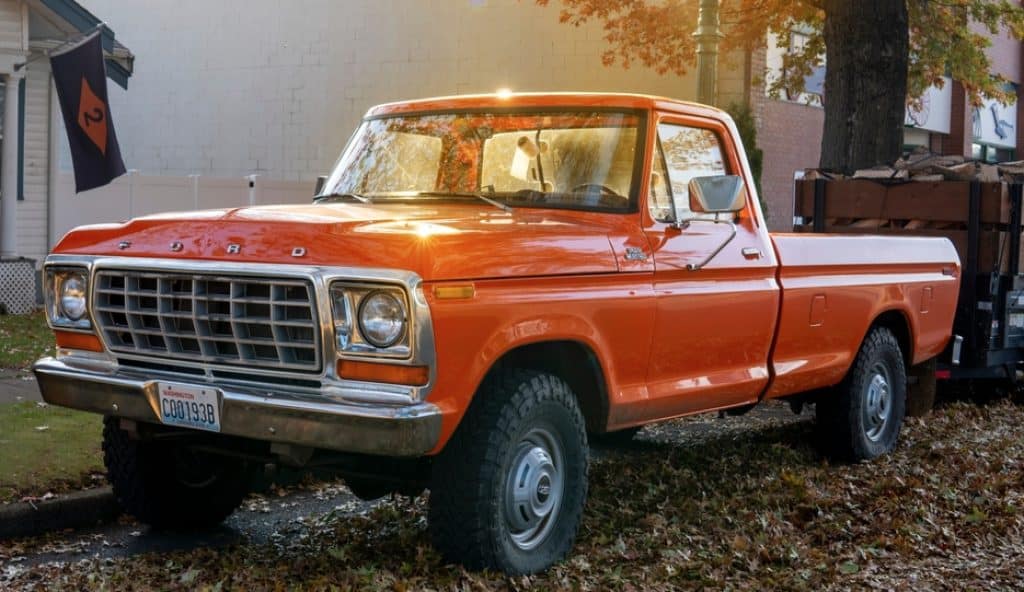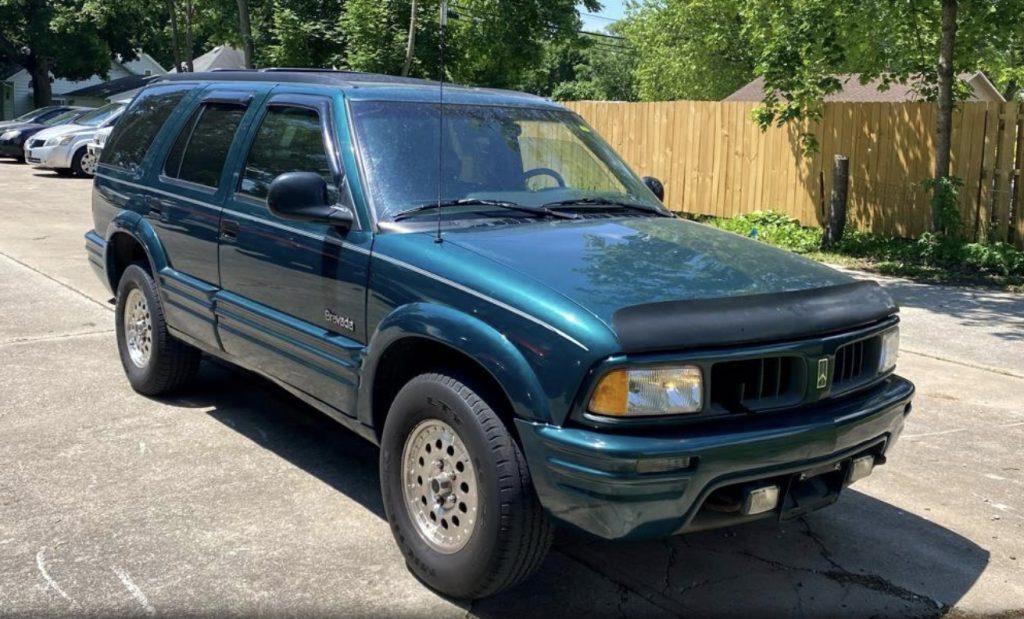If you’re looking to get rid of a junk car, there are several great options. Most of them will put some money in your pocket. So, before getting rid of your junk car, call around a bit.
Businesses and services that buy junk cars typically include:
- Auto Salvage Yards: These places buy junk cars to dismantle them for parts or scrap metal.
- Scrap Metal Dealers: They purchase cars primarily for the metal content.
- Used Car Dealers: Some may buy junk cars to refurbish or sell parts.
- Towing Companies: Often offer services to remove your car and pay you for it, especially if it’s not running.
- Online Junk Car Buyers: There are many online services and websites where you can sell your junk car, often offering instant quotes and free towing.
- Private Buyers: Hobbyists or individuals looking for project cars or specific parts might be interested in purchasing.
- Cash for Cars Programs: These services specialize in buying old or damaged vehicles and typically offer quick, hassle-free transactions.

When selling a junk car, it’s important to have your paperwork in order, such as the title and registration, to prove ownership and finalize the sale legally. It’s also wise to compare offers from multiple buyers to get the best deal.
Who Buys Junk Cars?
A range of entities purchase junk cars for various purposes, from parts harvesting to metal recycling.
1. Individual Hobbyists

Individual hobbyists might be interested in your junk car for restoration projects or to harvest rare parts.
These enthusiasts typically look for specific makes or models and may pay a premium for vehicles that fit their requirements.
This can be the most challenging option, since the person wanting to purchase your car is not a professional at picking up vehicles like most of the other people/businesses on this list.
2. Metal Recycling Companies
Metal recycling companies buy junk cars mainly for the scrap metal.
They strip your car of usable metals such as steel and aluminum, which are then processed and repurposed. Prices are often based on the current metal market value.
3. Auto Salvage Yards (Easiest Option)
Auto salvage yards acquire junk cars to dismantle and sell viable parts.
They have an inventory system to catalog and store parts for customers seeking affordable replacements.
4. Car Parts Dealers
Car parts dealers specialize in selling parts from junk cars to consumers and repair shops.
They assess your vehicle for parts that can be refurbished and sold.
5. Junk Car Auctions
Junk car auctions facilitate the sale of your vehicle to the highest bidder.
These auctions attract a variety of buyers, from individual hobbyists to professional salvage operators.
How to Sell a Junk Car

When selling a junk car, it’s crucial to accurately assess its value, have the necessary paperwork ready, find a reputable buyer, and negotiate effectively to ensure a fair transaction.
Determining the Value
Before selling your junk car, research its value based on its condition, make, model, year, and any salvageable parts.
Websites like Kelley Blue Book or local scrapyards can provide estimates.
Preparing the Necessary Documentation
You must prepare the following documents:
- Title: The car’s title proves ownership.
- Bill of Sale: A legal receipt for the transaction.
- Service Records (if available): Can slightly increase the vehicle’s value.
- Release of Liability: This form notifies the DMV of the vehicle’s sale.
Choosing the Right Buyer
Consider the following types of buyers:
- Scrap yards: They typically buy cars for parts or metal.
- Professional junk car buyers: Companies that specialize in buying and recycling old vehicles.
- Private parties: Might be interested if the car has potential for restoration.
Assess each option for reputability and convenience.
Negotiating the Price
When negotiating, be realistic but prepared to counter low offers.
Present any research on value clearly and be transparent about the car’s condition. Don’t be afraid to walk away if offers don’t meet your minimum expected price.
Common Scams and Pitfalls to Avoid
When selling your junk car, you should be vigilant to avoid scams and common pitfalls:
- False Quoting: Scammers may provide a high initial quote over the phone, only to drastically reduce the offer upon arrival.
- Prevention: Confirm the quote in writing before proceeding.
- Payment Issues: Some buyers may attempt to delay payment or pay with a method that is not secure.
- Prevention: Insist on cash or a cashier’s check at the time of sale.
- Towing Scams: If towing is required, some disreputable buyers may include hidden towing fees.
- Prevention: Verify that towing is free and included in the agreement.
- Title Transfer Troubles: Failure to properly transfer the car title can lead to future liabilities.
- Prevention: Ensure you complete all necessary paperwork and report the sale to your local DMV.
- Personal Information Risks: Scammers may request for personal information under the guise of “required paperwork”.
- Prevention: Never share personal information like your SSN or bank details.
| Scam Type | Description | How to Avoid |
|---|---|---|
| False Quoting | High quote over phone, reduced upon arrival. | Get written confirmation of quote. |
| Payment Issues | Delayed payment or non-secure payment methods. | Demand cash or cashier’s check. |
| Towing Scams | Hidden fees for car removal. | Confirm towing is free. |
| Title Transfer Issues | Not properly transferring title can lead to future liabilities. | Complete DMV paperwork promptly. |
| Personal Info Risks | Requests for unnecessary personal information. | Do not share personal info. |
